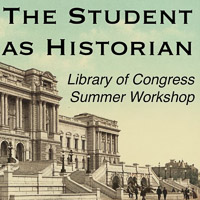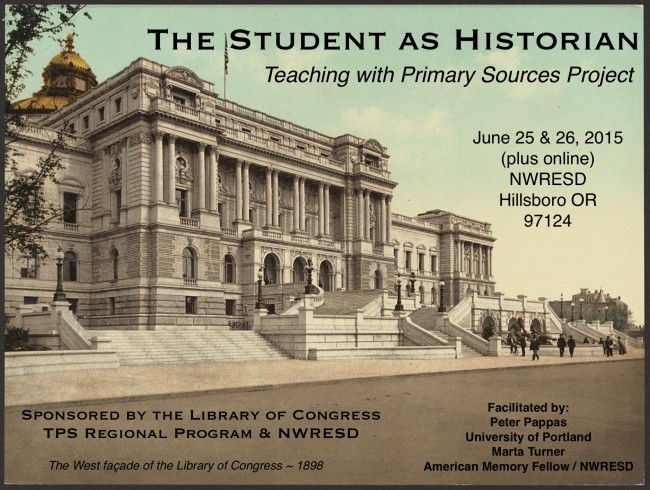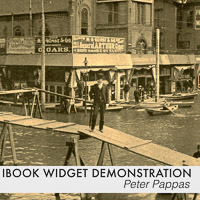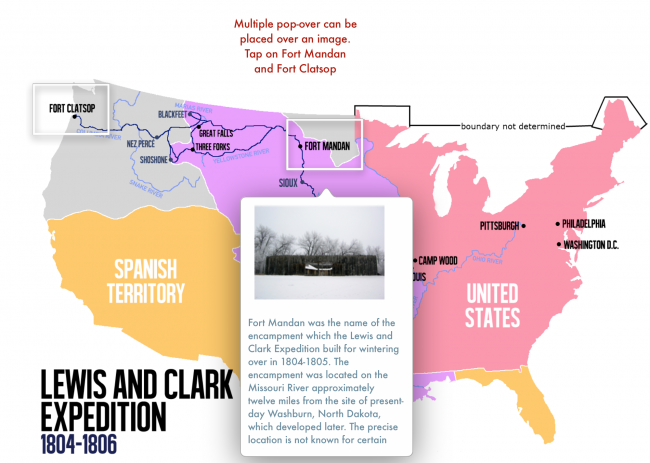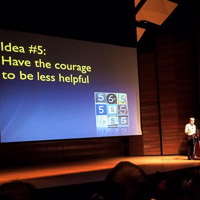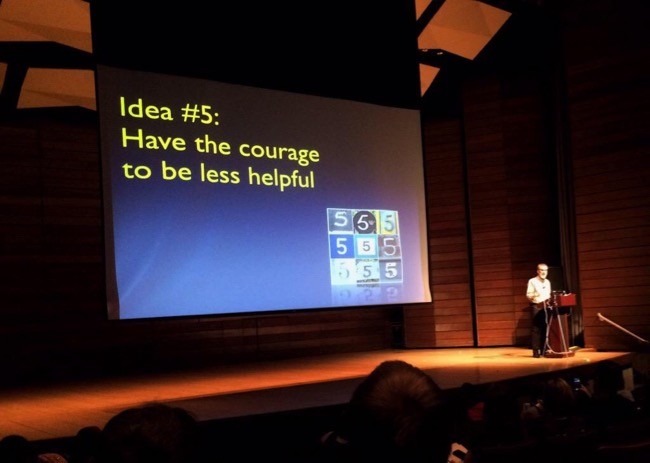 I’m pleased to be presenting at the Devsigner Conference in Portland Ore June 27-28. As the organizers describe it
I’m pleased to be presenting at the Devsigner Conference in Portland Ore June 27-28. As the organizers describe it
The Devsigner Conference features sessions and workshops focusing on front web design and development techniques, tips and tools. We also aim to inspire our technically inclined creative community with amazing session topics that bridge the gap between art and code. Join us June 27-28th in Portland, Oregon for our second annual celebration of Devsigners.
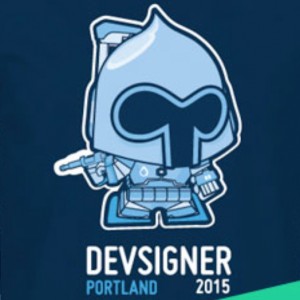 Confession – I’m not a dev. But I have spent years designing learning experiences. So my session is titled the Teacher’s Guide to Ed Design. (Sat 11:45am-12:30pm).
Confession – I’m not a dev. But I have spent years designing learning experiences. So my session is titled the Teacher’s Guide to Ed Design. (Sat 11:45am-12:30pm).
My workshop session will offer perspectives on designing engaging learning experiences that motivate students, provoke their reflections and monitor their progress as learners. It should be useful for educational content providers or anyone interested in instructional design. This post provides an overview of my session and provide links for my workshop attendees.
My key takeaways for ed designers:
- Have the courage to be less helpful. Are students making choices, reflecting on decisions and sharing their thinking with an audience beyond the teacher?
- Teaching is not telling. Teaching is designing learning experiences that provoke learner reflection. This happens best when lessons have a social component and an authentic audience.
- Let the student be the historian.. . or scientist, mathematician, etc. Think of the art class. Would you expect to see the students passively watching the art teacher paint?
More on info on the my session’s themes and examples:
- Student choice: The Four Negotiables of Student Centered Learning
- Edtech integration: Classroom Tech: When Less is More (podcast)
- The Reflective Student: The Taxonomy of Reflection
- Student collaboration: Thinking Like A Historian: 11 Student-Designed Lessons
- Flipped learning and time management: Students at Center of the Learning
- Authentic audience: Tips for Motivating Student Writers with iBooks Author
- University of Portland class blog: Edmethods
- Homefront America WWII iBook series free at iTunes
- Japantown PDX: iOS app free at iTunes
- Portland’s Japantown Revealed iBook free at iTunes
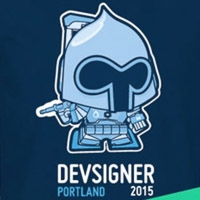

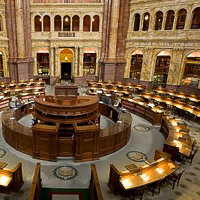
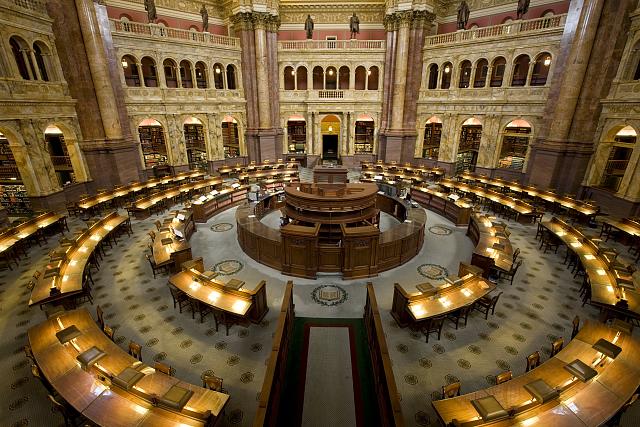 The Library of Congress is the largest library in the world, with more than 160 million items on approximately 838 miles of bookshelves. Much of the collection is being assembled into a
The Library of Congress is the largest library in the world, with more than 160 million items on approximately 838 miles of bookshelves. Much of the collection is being assembled into a 